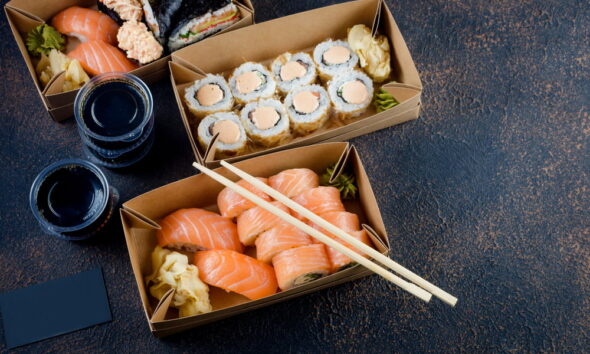Write an aquatic food chain Biology Diagrams There is growing interest in hobby-scale farming techniques. In response to this need, UF/IFAS Walton County Extension Office established a hobby farm featuring a variety of low-input food production options. The farm is a cooperative venture drawing on expertise of the Horticulture, Aquaculture/Marine Science, 4-H, and Agriculture programs. The farm is on a relatively small, […]

Designing Your Aquaponic System. A sustainable food cycle begins with designing a well-thought-out aquaponic system that balances the needs of fish and plants while promoting effective waste management. 1. Choose the Right System Type. There are several types of aquaponic systems, including: Join us every Saturday from 1pm to 2pm for an exclusive tour of our Aquaponics Farm, where innovation meets sustainability. These guided tours offer a unique opportunity to explore our state-of-the-art aquaponics system, witness the seamless integration of fish and plant life, and learn about the principles of sustainable agriculture firsthand. Aquaponics is a concept that addresses several of these initiatives. One of the WRI courses is to increase food production without expanding agricultural land. To accomplish this, they state that "increased efficiency of natural resource use is the single most important step toward meeting both food production and environmental goals."

Multitrophic Systems for Sustainable Food Production Biology Diagrams
As of last summer (2018) the aquaponics unit is certified for organic production. Eventually, the Aquaponics Unit and Soldier Fly research will help create a full-circle food chain right on campus. Pre-consumer food waste from the cafeteria will provide food for the Soldier Fly larvae used to feed the fish.

We are a nonprofit organization increasing access to locally sourced, fresh food for everyone. Since 2011, we have partnered with our local community to empower people to love food with innovative methods of direct food access, unique and accessible food literacy programming, and a one-of-a-kind indoor aquaponic farm. Aquaponics is an innovative agricultural method that combines aquaculture (raising fish) and hydroponics (growing plants in water) in a symbiotic environment. This system allows for the efficient use of resources, as fish waste provides organic nutrients for the plants, while the plants help filter and purify the water for the fish. In urban areas, where The book Aquaponic Food Production: raising fish and plants for food and profit; the Desktop Aquaponics Booklet; Carnivorous fish like salmon can utilize some plant and algal-based feedstuffs but need long chain fatty acids that come from marine and terrestrial animal-based proteins. The constraints of plant-based sources include low
